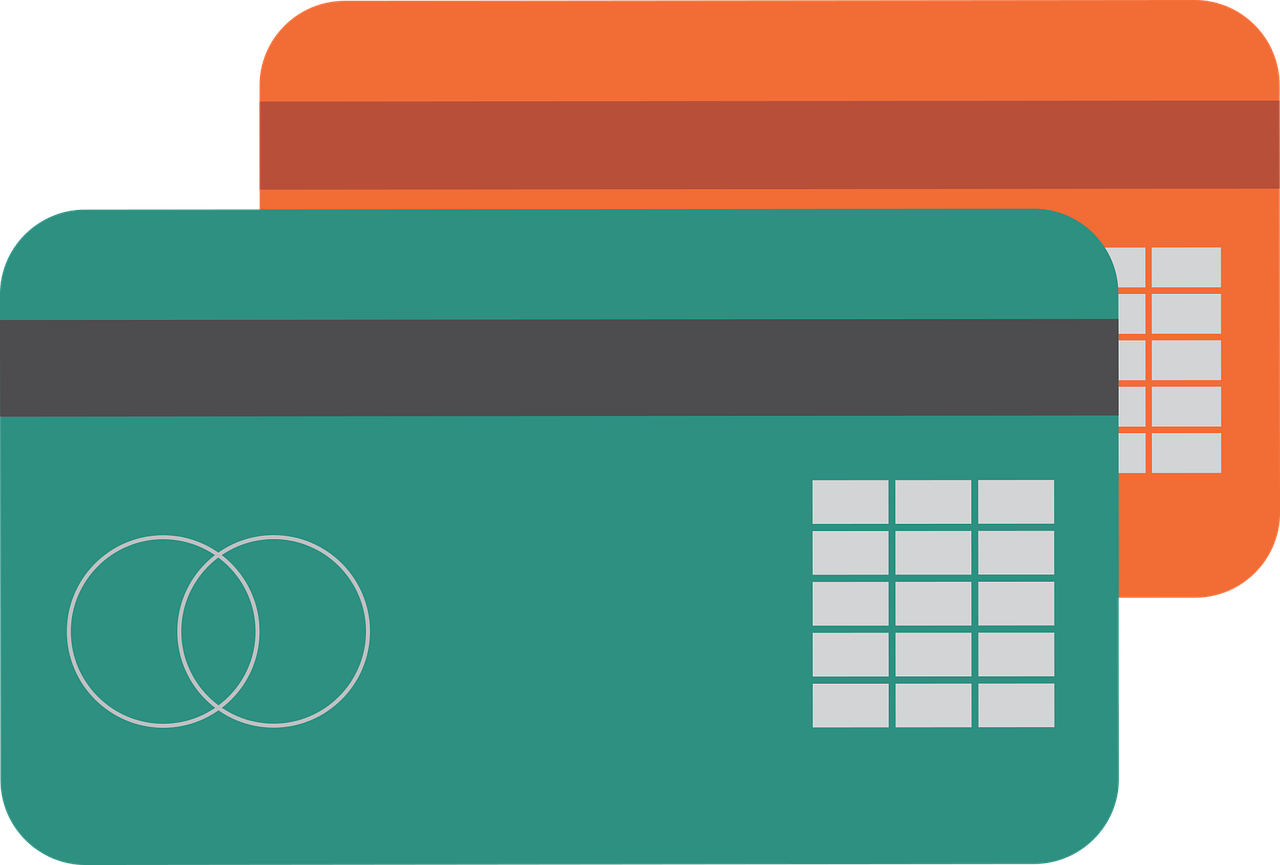
Credit Union Vs. Bank: Which is best for you?
Everyone needs a place to store their money and unless you plan on keeping it under your mattress or in a coffee can, you’ll need to have an account with either a bank or a credit union. Aside from providing a safe place to store your assets, financial institutions also provide other benefits, such as a place to cash your checks, obtain cashier checks, wire funds, safety deposit boxes, obtain a loan and more.
A popular misconception is that a bank is the same thing as a credit union. The main difference is ownership. You may think – why does this matter? Credit unions are not-for-profit organizations owned by their own members, known to most as customers. Most banks are operated by a group of investors with large capital, which primarily purpose is to make money for their stock holders and the investors.
Banks are federally insured by FDIC – Federal Deposit Insurance Corporation. A paid board of directors – makes all the decisions for the bank, which are generally driven by profit and hold little benefit for the customers. Anyone can open an account at a bank, but customers have no decision making power nor the privilege to vote.
Credit unions on the other hand are designed to serve a particular neighborhood or group. Since credit unions are not-for- profit organizations, the profits incurred by loans at the credit union directly benefit the members after covering the overhead costs. Credit unions are insured by NCUA, National Credit Union Administration, and are controlled by the members. This means they have more say in how the credit union is operated, and members hold decision making power. The elected board of directors represents the members in making all decisions and upholding the policies.
With all this in mind, you may see why many people prefer a credit union over a bank – low to no cost services and low interest rates; furthermore, members are treated as a benefit to the credit union not “just another account number.” Credit unions offer products just as banks do such as: checking accounts, saving accounts, certificate of deposits, IRAs, safety deposit boxes, loans and even mortgages.
A current trend among banks is sending more and more people to join a credit union with their monthly fees charges for services. Credit union ATMs may not be as common as banks; some credit unions like FTWCCU are part of the Co-Op Network that offers just as many ATMs that are surcharge free.
Whichever one you may choose – a bank or credit union, be sure to do your homework to ensure you are getting the most out of your hard earned money and financial institution.
Need a loan? You might want to look into opening an account with FTWCCU. It can be easier to secure a loan if you are an existing member, and you will most likely to save money from the lower interest.



